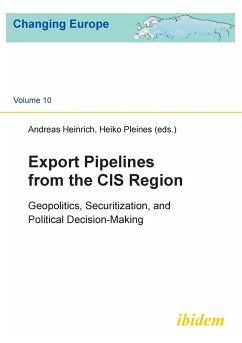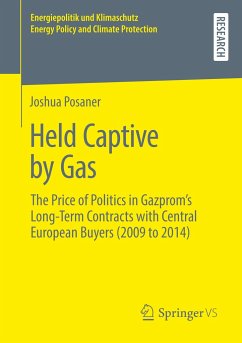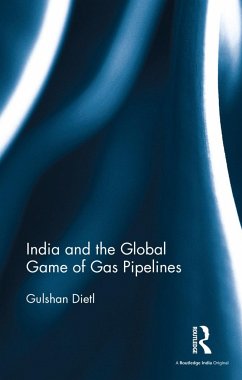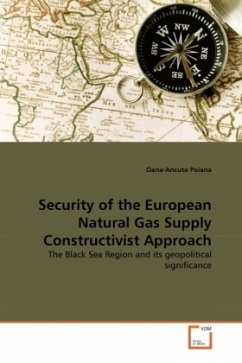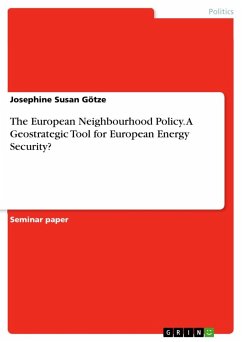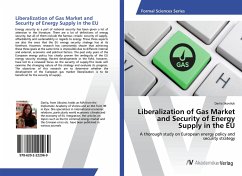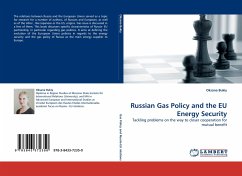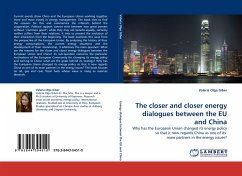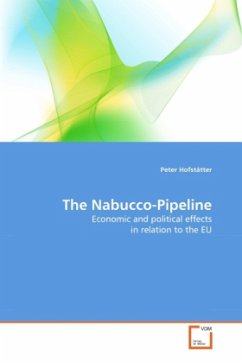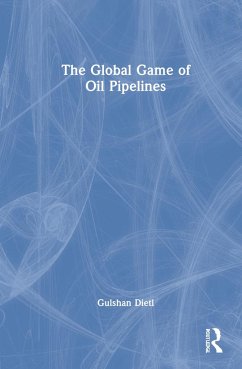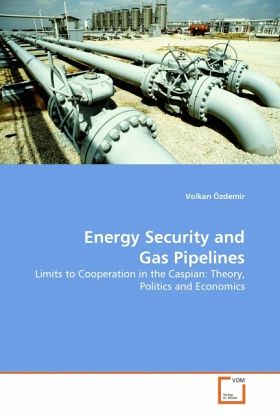
Energy Security and Gas Pipelines
Limits to Cooperation in the Caspian: Theory, Politics and Economics
Versandkostenfrei!
Versandfertig in 6-10 Tagen
32,99 €
inkl. MwSt.

PAYBACK Punkte
16 °P sammeln!
Two mainstream theories of international relations, Neo-liberalism and Neo-realism, have different perspectives on what are the incentives and limits for cooperation? Neo-liberalism argues that states tend to cooperate when they see the opportunity to maximize their absolute gains from cooperation. Whereas, for the Neo-realist school, state concerns about the relative gains of others limit cooperation. Using the great power rivalry for control of natural gas pipelines in the Caspian as a case study, we try to explain why the energy cooperation failed between the US and Russia in the west of th...
Two mainstream theories of international relations, Neo-liberalism and Neo-realism, have different perspectives on what are the incentives and limits for cooperation? Neo-liberalism argues that states tend to cooperate when they see the opportunity to maximize their absolute gains from cooperation. Whereas, for the Neo-realist school, state concerns about the relative gains of others limit cooperation. Using the great power rivalry for control of natural gas pipelines in the Caspian as a case study, we try to explain why the energy cooperation failed between the US and Russia in the west of the Caspian in a two actor game. Nevertheless, in the east of the Caspian,China's involvement changes the structure of the game. Relative gains as a barrier to cooperation is no longer an explanatory factor for geo-strategic rivalry between the US, Russia and China over transportation and consumption of east Caspian natural gas as China is the game changer. This analysis should be very useful for those who aim to understand the energy security within theoretical framework and especially for proffessionals who are interested in Eurasian energy development scenerios by focusing on gas business.



